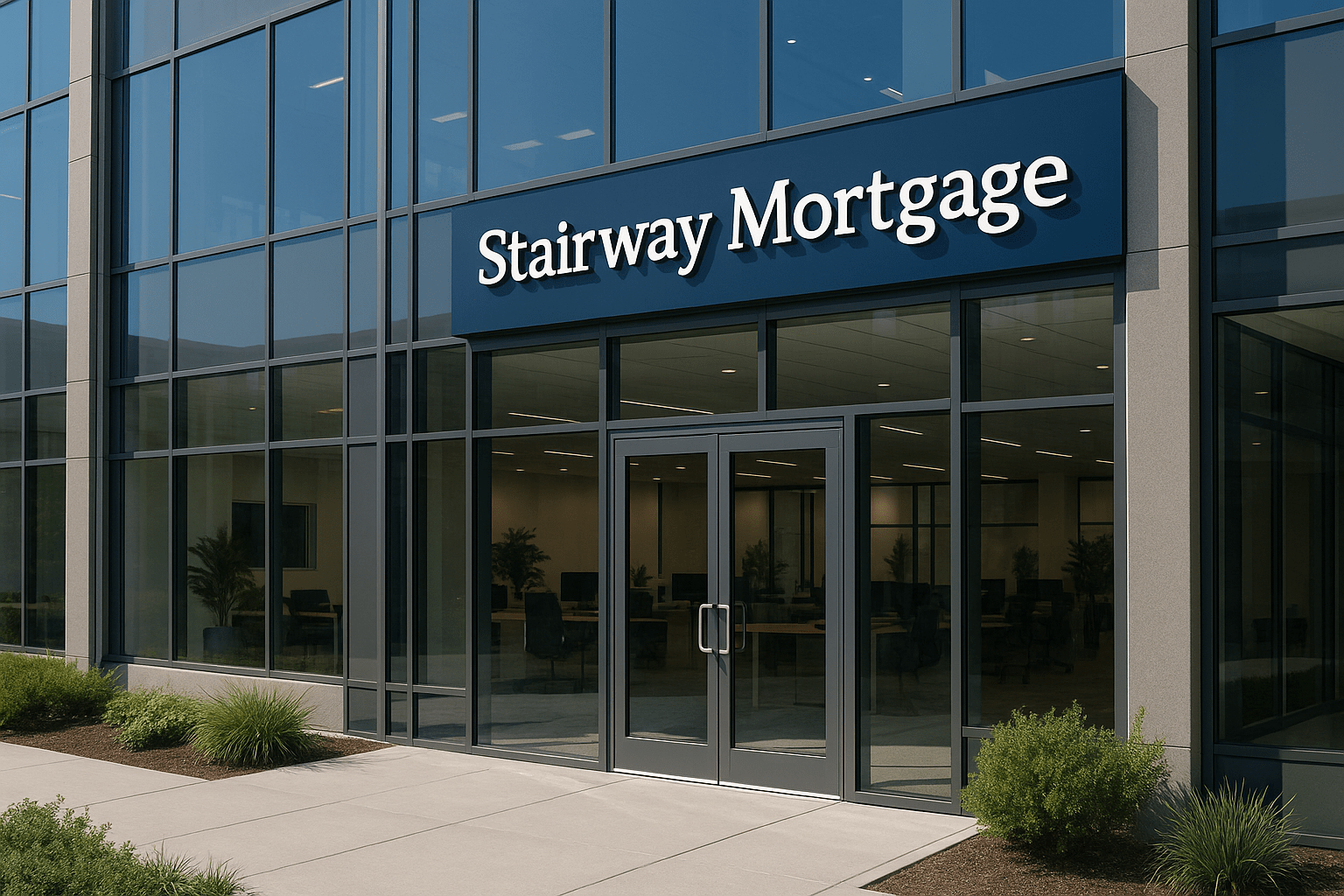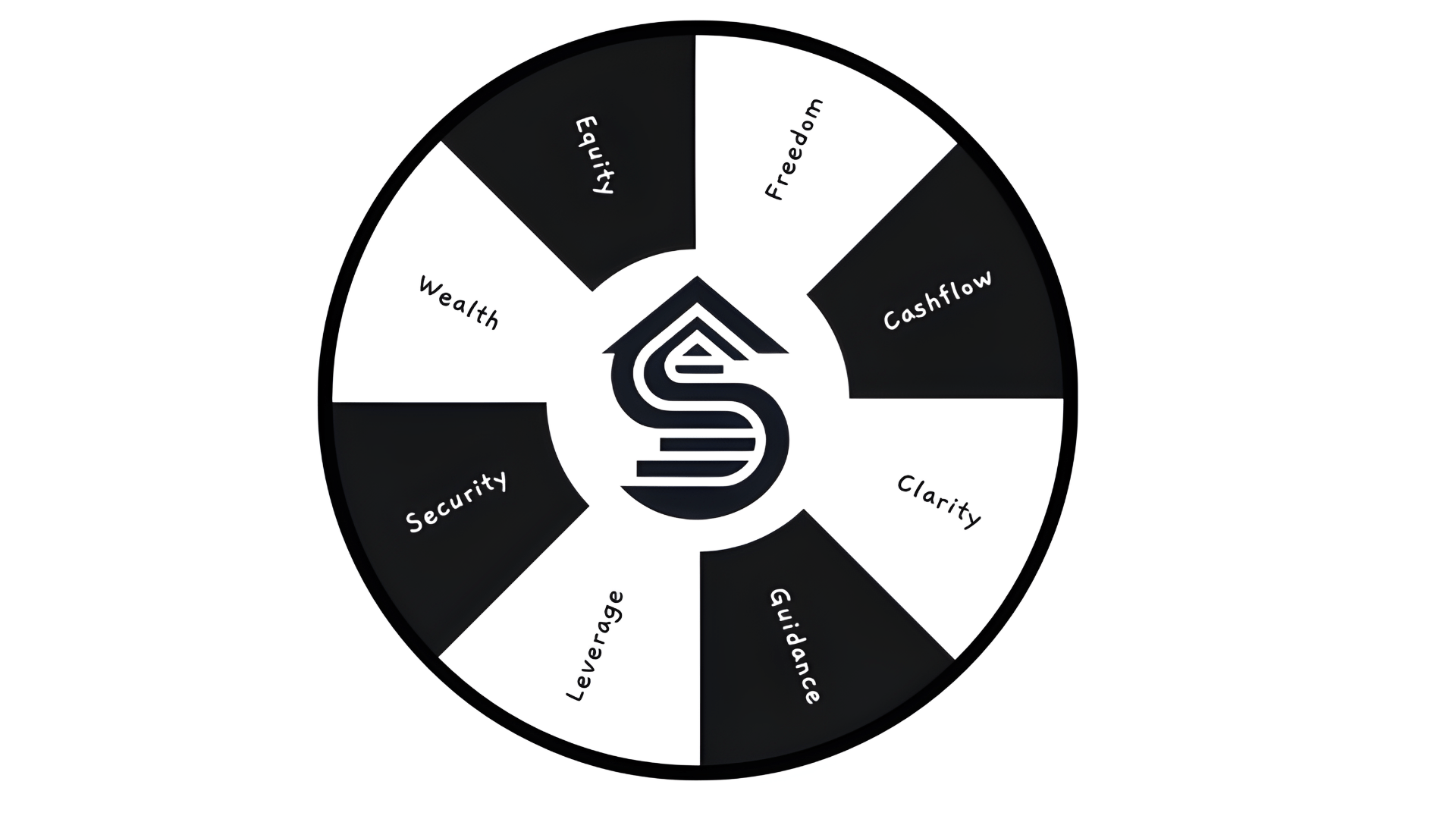55 Plus Community Guide: Buying Active Adult Housing for Retirement
55 Plus Community Guide: Buying Active Adult Housing for Retirement

55 Community: Complete Guide to Active Adult Retirement Living
As retirement approaches or begins, many seniors discover age-restricted communities offering appealing alternatives to traditional neighborhoods. These “55+” or “active adult” communities promise maintenance-free living, social opportunities with peers, resort-style amenities, and lifestyles designed specifically for retirement priorities.
But are 55+ communities right for everyone? The answer depends on your personality, financial situation, lifestyle preferences, and retirement vision. Some retirees thrive in these communities, finding social connection, simplified living, and engaging activities. Others feel constrained by age restrictions, HOA rules, or the homogeneous environment.
Understanding what these communities truly offer, what they cost, and who benefits most helps you make informed decisions about whether this increasingly popular retirement housing option fits your situation.
In this guide, you’ll discover:
- What defines 55+ communities and legal requirements
- Types of active adult communities and their differences
- Amenities and lifestyle features to expect
- Financial considerations including HOA fees and costs
- Pros and cons of age-restricted living
- How to choose the right community
- Financing options including HECM for Purchase
- Questions to ask before buying
This comprehensive guide helps seniors and their families evaluate whether 55+ community living aligns with their retirement goals and preferences.
Considering a 55+ community purchase? Schedule a call to explore financing options including HECM for Purchase.
What Defines 55+ Communities and What Are the Legal Requirements?
Age-restricted communities operate under federal housing law:
Legal Age Requirements
The Housing for Older Persons Act (HOPA) allows age restrictions in housing communities meeting specific criteria:
At least one resident in each household must be 55 years or older. This means a 58-year-old can live with a 52-year-old spouse—only one person needs to meet the age requirement.
At least 80% of occupied units must have at least one resident 55 or older. Communities can have some younger residents but must maintain this threshold.
The community must publish and follow policies demonstrating intent to operate as housing for persons 55 and older.
What This Means Practically
Children and grandchildren typically cannot live in these communities permanently. Extended visits are usually permitted (often 30-90 days annually), but communities enforce age restrictions to maintain their character.
Younger spouses can live in the community as long as their spouse meets the age requirement.
Different communities enforce restrictions differently—some strictly, others more flexibly regarding visits and temporary guests.
What Types of 55+ Communities Exist?
Active adult communities vary significantly in structure and offerings:
Active Adult Neighborhoods
Age-restricted subdivisions within or near traditional towns, featuring single-family homes with community amenities.
Characteristics:
- Own your home and land
- Maintain exterior (or HOA handles it)
- Community clubhouse and amenities
- Part of broader community infrastructure
- Often more affordable than resort-style
Best for: Those wanting traditional homeownership with age-appropriate community benefits.
Resort-Style Communities
Large, master-planned developments with extensive amenities mimicking resort living.
Characteristics:
- Clubhouses with fitness centers, pools, restaurants
- Golf courses, tennis courts, pickleball
- Organized activities and classes daily
- Full-service lifestyle with events and entertainment
- Higher HOA fees for extensive amenities
Best for: Active retirees prioritizing social engagement and resort-style living.
Continuing Care Retirement Communities (CCRCs)
Comprehensive communities offering independent living plus assisted living and skilled nursing on the same campus as health needs change.
Characteristics:
- “Age in place” through different care levels
- Higher upfront costs and monthly fees
- Healthcare security built into community
- Continuum of care without moving
Best for: Those wanting long-term security through changing health needs, with assets to cover higher costs.
Mobile Home and Manufactured Housing Communities
Affordable age-restricted communities featuring manufactured homes on leased land.
Characteristics:
- Lower purchase prices
- Land lease fees instead of property taxes
- Community amenities
- Often located in warm-weather states
- Limited appreciation potential
Best for: Budget-conscious retirees prioritizing affordability and community over investment value.
Co-Housing and Intentional Communities
Smaller communities where residents actively participate in designing and managing their living environment.
Characteristics:
- Shared common spaces and facilities
- Resident involvement in governance
- Strong community bonds
- Often more affordable through shared resources
- Variety of housing types
Best for: Those valuing community participation and cooperative living.
What Amenities and Lifestyle Features Do 55+ Communities Typically Offer?
Age-restricted communities emphasize active, social retirement living:
Recreation and Fitness
Most communities feature:
- Fitness centers with age-appropriate equipment
- Swimming pools (often heated for year-round use)
- Tennis, pickleball, and bocce ball courts
- Golf courses or access to nearby courses
- Walking and biking trails
- Group fitness classes (yoga, water aerobics, strength training)
Social and Cultural Activities
Organized programming includes:
- Clubs based on interests (book clubs, card games, arts and crafts)
- Educational classes and lectures
- Entertainment events (concerts, shows, movies)
- Social gatherings and parties
- Day trips and travel opportunities
- Volunteer opportunities
Dining and Hospitality
Many communities offer:
- Clubhouse restaurants or cafes
- Catering for private events
- Social dining programs
- Special event dining
Services and Convenience
Community services often include:
- Landscaping and exterior maintenance
- Snow removal (in applicable climates)
- Security and gated access
- Concierge services
- Transportation options
- Mail and package handling
What Are the Financial Considerations?
Understanding complete costs prevents budget surprises:
Home Purchase Prices
Vary dramatically based on location, community type, and home size:
- Budget communities: More modest pricing
- Mid-range active adult: Moderate pricing
- Luxury resort-style: Higher pricing
- Geographic location significantly impacts prices
HOA Fees
Monthly homeowners association fees fund amenities and services:
- Basic communities: Lower monthly fees
- Mid-range with good amenities: Moderate fees
- Resort-style with extensive offerings: Higher fees, sometimes substantial
Critical question: What do HOA fees cover exactly? Some include:
- All exterior maintenance
- Landscaping and snow removal
- Access to all amenities
- Some utilities
- Security
- Activity programming
Others charge separately for golf, dining, or premium services.
Property Taxes
Age-restricted status doesn’t typically reduce property taxes—you’ll pay based on assessed value like any homeowner.
Some states offer senior property tax exemptions or freezes, but these apply regardless of community type.
Insurance
HOA master policies often cover exterior and common areas, but you’ll need:
- Interior and personal property coverage (HO-6 for condos)
- Liability coverage
- Flood insurance if applicable
Special Assessments
Communities can levy special assessments for major repairs, improvements, or shortfalls in reserves. Understanding the HOA’s financial health and reserve funding matters.
Resale Considerations
Age-restricted communities have more limited buyer pools than all-ages neighborhoods. This can affect:
- Time on market when selling
- Resale values (though good communities maintain values well)
- Market demand fluctuations

What Are the Major Pros and Cons of 55+ Community Living?
Honest assessment of advantages and disadvantages:
Significant Advantages
Age-appropriate social environment:
- Peers at similar life stage
- Shared interests and experiences
- Built-in social opportunities
- Reduced isolation
Maintenance-free or reduced maintenance:
- No yard work or exterior upkeep
- Simplified living
- More time for enjoyment
- Reduced physical demands
Amenities and activities:
- Resort-style living without resort prices
- Daily activities and programming
- Fitness and recreation opportunities
- Never boring or lonely
Safety and security:
- Gated communities with security
- Neighborhoods with active residents watching out for each other
- Emergency response systems
- Well-maintained, well-lit environments
Active lifestyle support:
- Infrastructure for walking and biking
- Fitness facilities and classes
- Social engagement opportunities
- Healthcare often nearby
Potential Disadvantages
Age restrictions limit visitors:
- Grandchildren can’t visit indefinitely
- Extended family stays are limited
- Some feel this restricts family connection
HOA fees and rules:
- Ongoing monthly costs that can increase
- Rules about home modifications, decorations, etc.
- Potential for assessment surprises
- Loss of some autonomy
Homogeneous environment:
- Lack of age diversity some find limiting
- Can feel insular or separated from broader community
- Limited exposure to different perspectives
Resale considerations:
- Smaller buyer pool
- Market timing matters more
- Not all communities maintain values equally
Potential for cliques and drama:
- Close community can mean gossip
- Politics and social dynamics
- Not everyone enjoys constant social proximity
Limited flexibility:
- Hard to accommodate changing family situations
- Can’t have adult children move back home
- Some feel constrained by restrictions
How Do You Choose the Right 55+ Community?
Strategic evaluation prevents costly mistakes:
Location Considerations
Proximity to:
- Family members (especially grandchildren)
- Healthcare facilities and specialists
- Shopping and services
- Cultural and entertainment options
- Airports if you travel
Climate and environment:
- Year-round weather preferences
- Natural disaster risks
- Seasonal variations
- Indoor versus outdoor lifestyle support
Community Culture and Personality
Visit multiple times:
- Different days and times
- Talk to current residents
- Attend activities and events
- Observe social dynamics
Assess whether residents seem:
- Genuinely friendly or cliquish
- Active and engaged
- Similar to you in interests and values
- Happy with their choice
Financial Health of the Community
Review HOA finances:
- Reserve funding adequacy
- Fee increase history
- Special assessment history
- Deferred maintenance issues
- Occupancy rates
Ask for:
- Recent financial statements
- Meeting minutes
- Reserve study
- History of assessments
Rules and Restrictions
Understand:
- Guest and visitor policies
- Home modification rules
- Pet policies
- Vehicle and parking restrictions
- Rental restrictions
- Architectural guidelines
Amenity Usage and Value
Honestly assess:
- Which amenities you’ll actually use
- Whether you’re paying for things you won’t use
- Condition and quality of facilities
- Hours of operation and accessibility
- Additional fees for certain amenities
How Can You Finance a 55+ Community Purchase?
Several options exist, with one particularly suited to retirees:
Traditional Mortgages
Conventional financing works if you have adequate income, good credit, and sufficient down payment.
Considerations: Monthly payments on fixed income. Qualification based on retirement income.
Cash Purchase
Paying outright eliminates monthly payments but depletes liquid assets.
Considerations: Limits financial flexibility. Ties up emergency funds.
HECM for Purchase
HECM for Purchase lets seniors buy 55+ community homes using substantial down payments plus reverse mortgage financing—eliminating monthly mortgage payments.
How it works:
- Provide substantial down payment (often from current home sale proceeds)
- Finance remainder with reverse mortgage
- No monthly mortgage payment
- Only pay HOA fees, taxes, and insurance
Benefits for 55+ community buyers:
- Preserve cash for retirement living and HOA fees
- No mortgage payment stress
- Afford nicer communities than cash-only would allow
- Maintain financial flexibility
This often represents the ideal financing for 55+ community purchases—combining community lifestyle benefits with payment-free homeownership.
What Questions Should You Ask Before Buying?
Critical questions to answer before committing:
About the Community
- What exactly do HOA fees cover?
- What’s the fee increase history?
- What are current reserve fund levels?
- Have there been special assessments? When and why?
- What percentage of units are owner-occupied versus rentals?
- What are guest and visitor policies exactly?
- Can I rent out my home if circumstances change?
About Amenities
- What are the hours for key amenities?
- Are there additional fees for golf, dining, or other features?
- What’s the condition and age of facilities?
- What maintenance or replacement is planned?
- How crowded do amenities get?
About Lifestyle
- What percentage of residents are full-time versus seasonal?
- What’s the typical age range (some skew much older)?
- How active and engaged are residents generally?
- What’s the social culture like?
- Are there enough activities matching my interests?
About Rules
- Can I make home modifications?
- What are pet restrictions?
- What are parking and vehicle restrictions?
- Can grandchildren visit for extended periods?
- What are architectural and exterior guidelines?
How Does Stairway Mortgage Help With 55+ Community Purchases?
Buying into age-restricted communities involves unique considerations and often benefits from specialized financing. At Stairway Mortgage, we guide seniors through this process:
We help you understand whether HECM for Purchase makes sense for your situation, showing exactly how much you’d need for down payment and your monthly obligations (HOA fees, taxes, insurance—but no mortgage payment).
We explain all financing options comparing traditional mortgages, cash purchases, and HECM for Purchase with complete cost analyses.
We coordinate timing if you’re selling a current home and buying into a community, ensuring smooth transitions.
We connect you with real estate professionals experienced in 55+ community sales who understand the unique aspects of these transactions.
Many retirees we’ve worked with successfully purchased into 55+ communities using HECM for Purchase, enjoying active lifestyles without monthly mortgage payment obligations.
Ready to Explore 55+ Community Living?
Age-restricted communities offer appealing retirement lifestyles for many seniors—active living, social engagement, simplified maintenance, and age-appropriate amenities. But they’re not universally right for everyone. Careful evaluation of your preferences, priorities, and finances determines whether this popular option fits your retirement vision.
Your next steps:
If you’re considering a 55+ community purchase and want to explore financing, schedule a call to discuss your options.
Learn about financing strategies:
- HECM for Purchase for payment-free community living
- Review case studies showing successful purchases
- Use calculators to model your scenario
Remember: Visit multiple communities, talk to residents honestly, review finances carefully, and ensure the lifestyle truly matches your personality and preferences. The right 55+ community can enhance retirement significantly—but only if it genuinely fits who you are and how you want to live.
Need a Pre-Approval Letter—Fast?
Buying a home soon? Complete our short form and we’ll connect you with the best loan options for your target property and financial situation—fast.
- Only 2 minutes to complete
- Quick turnaround on pre-approval
- No credit score impact
Got a Few Questions First?
Let’s talk it through. Book a call and one of our friendly advisors will be in touch to guide you personally.
Schedule a CallNot Sure About Your Next Step?
Skip the guesswork. Take our quick Discovery Quiz to uncover your top financial priorities, so we can guide you toward the wealth-building strategies that fit your life.
- Takes just 5 minutes
- Tailored results based on your answers
- No credit check required
Related Posts
Subscribe to our newsletter
Get new posts and insights in your inbox.








